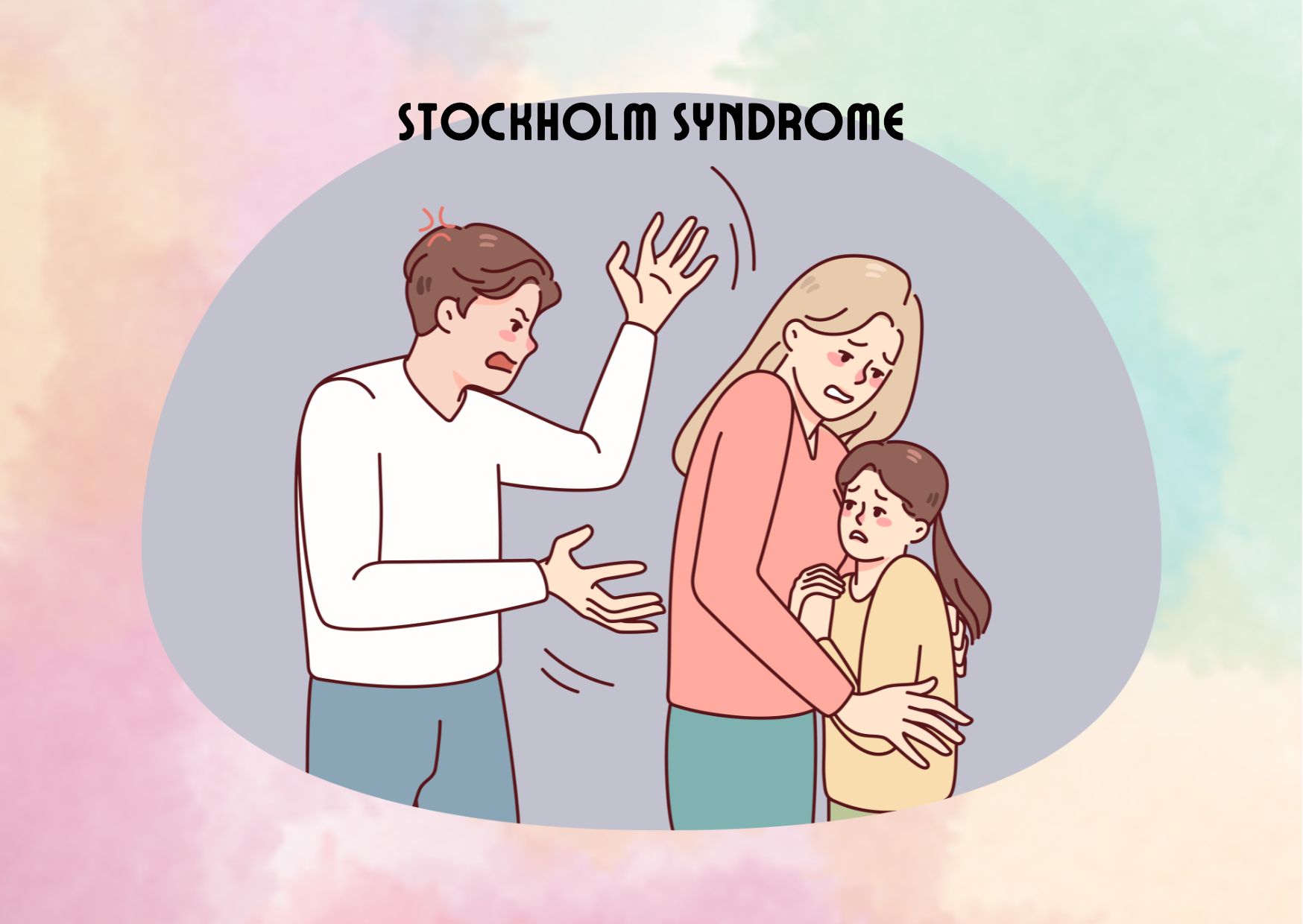It is important to note that not all individuals who experience captivity or abuse develop Stockholm Syndrome. The reasons why some people develop this psychological response while others do not remain unclear and are the subject of ongoing research.
Causes and Mechanisms of Stockholm Syndrome
The causes and mechanisms underlying Stockholm Syndrome are complex and multifaceted. Several factors contribute to the development of this psychological phenomenon:
- Survival mechanism: Stockholm Syndrome is believed to be a survival mechanism that helps individuals endure the extreme and terrifying situations they find themselves in. By forming a bond with their captors, victims may increase their chances of survival.
- Emotionally charged situations: Prolonged exposure to emotionally charged situations, such as captivity or abuse, can intensify the psychological connection between captor and victim. The heightened emotional state creates an environment conducive to the development of Stockholm Syndrome.
- Dependence on the captor: When individuals depend on their captors for basic needs, such as food, water, or safety, they may develop gratitude and reliance on their captors, leading to the formation of a psychological bond.
- Kindness and perceived humanity: Acts of kindness or perceived humanity from captors can contribute to Stockholm Syndrome. When captors show moments of compassion or refrain from harm, victims may interpret these actions as signs of goodwill and develop feelings of gratitude or even affection.
Suggestion for read: Relational Trauma Impacts on Dating and Marriage
Examples of Stockholm Syndrome
Stockholm Syndrome has been observed in various real-life situations, shedding light on the complexities of this psychological phenomenon. Here are a few examples:
- The Patty Hearst Case: Patty Hearst, the granddaughter of publishing magnate William Randolph Hearst, was kidnapped in 1974 by a left-wing terrorist group known as the Symbionese Liberation Army (SLA). During her captivity, Hearst developed a close bond with her captors and even participated in their criminal activities, including bank robberies. She later claimed to have embraced the ideology of the SLA, which is indicative of Stockholm Syndrome.
- Elizabeth Smart: In 2002, Elizabeth Smart, a 14-year-old girl, was abducted from her home in Salt Lake City, Utah, by Brian David Mitchell and Wanda Barzee. Smart endured nine months of captivity, during which she formed a complex relationship with her captors. Despite opportunities to escape, Smart chose to stay with them due to the emotional and psychological manipulation she experienced.
- Ariel Castro Case: Ariel Castro held three women captive in his Cleveland, Ohio home for over a decade. Despite the horrific abuse and captivity they endured, the women reportedly developed emotional connections with Castro. This example highlights the profound psychological impact of Stockholm Syndrome on victims and the complexity of their relationships with their captors.
Diagnosis and Treatment of Stockholm Syndrome
It is essential to note that Stockholm Syndrome is not officially recognized as a mental disorder in the Diagnostic and Statistical Manual of Mental Disorders (DSM-5). However, mental health professionals may employ similar treatment approaches as those used for post-traumatic stress disorder (PTSD) and trauma-related conditions.
- Psychotherapy (“Talk therapy”): Psychotherapy is often the primary treatment approach for individuals experiencing Stockholm Syndrome. Through therapy, victims can gain a better understanding of their experiences, explore the reasons behind their sympathetic behavior towards their captors, and develop healthy coping mechanisms.
- Medication: In some cases, medication may be prescribed to address specific symptoms associated with Stockholm Syndrome, such as anxiety, depression, or sleep disturbances. However, medication alone is not considered a comprehensive treatment for Stockholm Syndrome.
The Outlook for Stockholm Syndrome Victims
Recovery and healing from Stockholm Syndrome are possible with appropriate support and treatment. While the psychological bond formed between captor and victim can be incredibly strong, it can also be broken with time, therapy, and a supportive environment. It is crucial for victims to seek professional help to address the trauma and emotional challenges they have endured.
Conclusion
Stockholm Syndrome is a complex psychological phenomenon that highlights the intricate relationship between captors and their victims. While it is not a formal diagnosis, understanding the definition, examples, and facts surrounding Stockholm Syndrome can foster empathy and provide insights into the psychological mechanisms at play. By recognizing the impact of traumatic experiences on mental health, we can strive to create a more compassionate and supportive society.
If you or someone you know is struggling with relationship problems or mental health issues, consider seeking support from a licensed therapist or counselor. Online counseling and therapy services, such as those offered by Inquire Talk, provide a convenient and accessible means of accessing professional help. Remember, reaching out for assistance is the first step towards a healthier and happier you.
Disclaimer: The information provided in this article is for educational purposes only and should not be used as a substitute for professional advice. Please consult with a qualified mental health professional regarding your specific situation.
At Inquire Talk, we understand the significance of mental health and well-being in fostering healthy relationships. Our dedicated team of therapists offers online counselling, therapy, and psychotherapy services to individuals seeking support and assistance. Whether you’re looking for guidance in your dating life, improving relationships, or simply need someone to talk to, our compassionate therapists are here to help. Visit our website to learn more about our services and take the first step towards a healthier and happier you.
Inquire Talk certified therapists who you can get in touch and book a therapy session with:
Sarah
Jason Mysearchforself
Jessica
